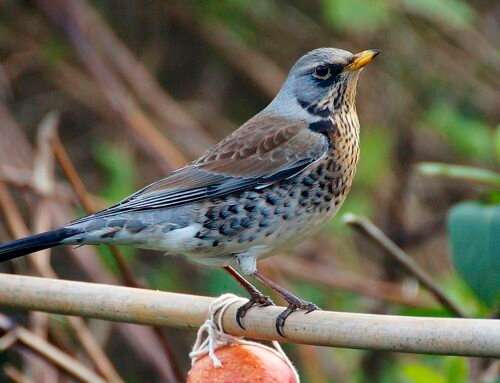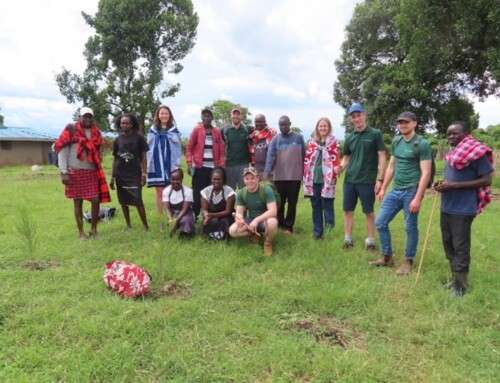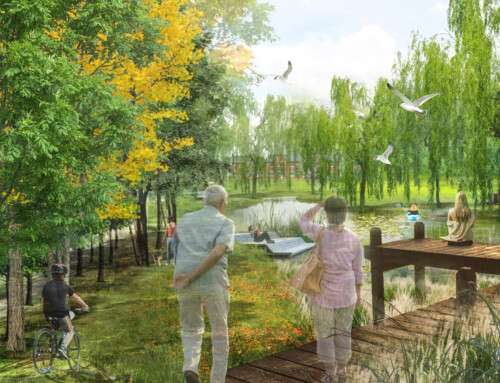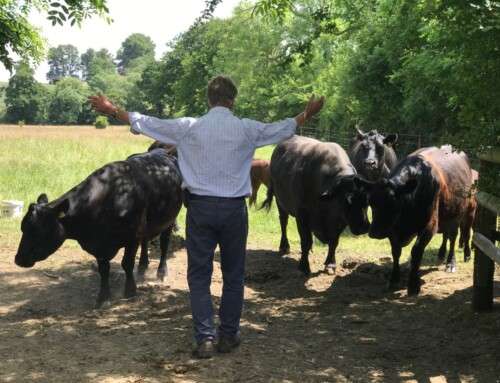Counting the cost of change using a different currency
‘A word from the nursery’
Counting the cost of change using a different currency
Merlin Brooke-Little, our Director of Plants, considers how forces on the horticultural industry can be given a more optimistic context with the environment as the focus.
At the time of writing the forces of global economics have been a salient lesson to our political masters that there are events outside of our perceived control that can master us. King Lear sums it up with Gloucester’s desperate observation ‘As flies to wanton boys are we to the Gods; they kill us for their sport.’ Liz Truss may be substituting ‘PMs’ for ‘flies’ and ‘MPs’ for ‘boys’!
In the horticultural world there are also shifts in mood, economics, with a ‘new normal’ where tradition once ruled. Forces seem to be overwhelming and threatening an industry steeped in what have hitherto been unassailable necessities, the seasons, our land, our flora and our ecology. Threats from climate change, invasive species, pest and disease are all given a high profile.
Those malign forces may also push us to consider whether tradition is bunk! Peat in our nursery has exited stage left and we have learned to love the new star of the show, peat free compost, as have our plants. Drenching crops with nematodes feels a whole lot better than donning a hazmat suit to apply carcinogenic chemicals. How misty eyed am I for hauling tons of ash trees from the continent along with the rest of the nursery trade in years past? Not a bit.
So, to be phlegmatic about the advent of Oak Processionary Moth seems to be a sensible course. It is happening. I want to know when we are exposed so I’ll continue to set pheromone traps in our surrounding oak trees and spend quality time with our Ecologists who are endlessly fascinated and fascinating in turn on the subject. We need to protect our health and wellbeing is the bottom line as OPM becomes the new normal. I meet a lot of Dutch people in this job and livelihoods are affected by OPM – not least arboriculturists who have been over exposed to the toxic hairs thereof and can no longer work on oak trees. People are aware of the risks in public places and the time of year when these risks are heightened. People adapt and change does happen.
Whilst economics will always be a guiding factor in business it may yet prove not to be the transcendent force we hold it to be. Our surroundings and how we retain them, protect them, and enhance them is becoming more of a guiding light than turning the dollar. I want to support the UK growers because I want my plants to travel less, not for any jingoistic reasoning. I choose to get certified for Plant Healthy status not because I’ll be a preferred supplier but because I want to avoid the next OPM style event and be better informed and prepared. With Xylella fastidiosa in mind, there is also life after not selling olive trees. If I have to change what I grow to account for climate change, so be it, as long there are folk also minded to embrace these changes and keep planting.
Trying to lead by example can leave one exposed economically in business – and politics. Focussing on and being seen to follow a path that embraces the traditions of caring, honesty and nurturing is the unseen buffer that cushions that exposure and refocuses raw commerciality into a more nuanced offering.



